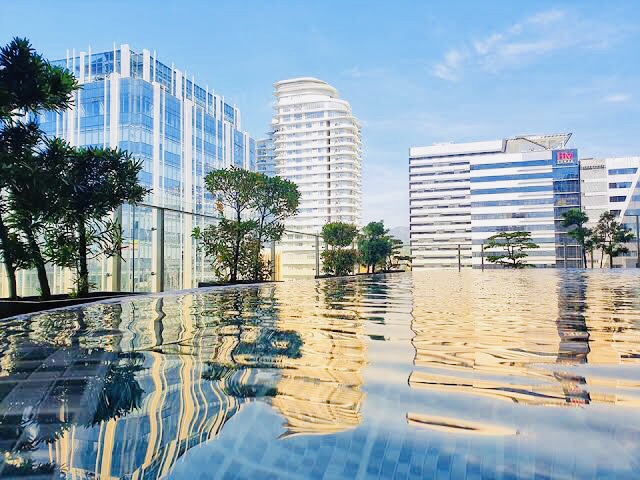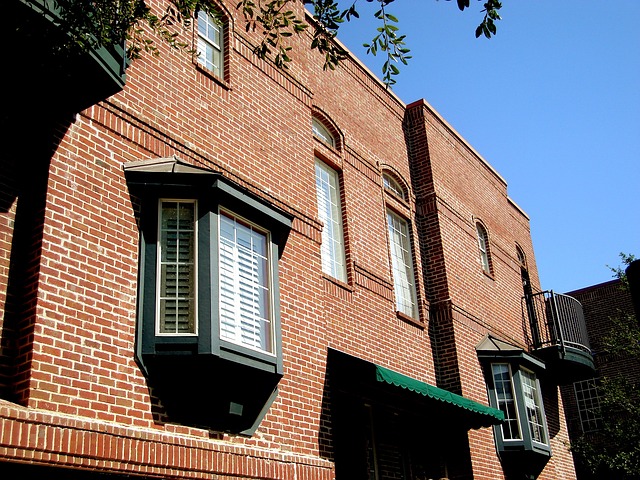The Singapore Property Market

The COVID-19 pandemic has had a profound impact on economies and industries worldwide, and the Singapore property market is no exception. As a global financial hub with a highly competitive real estate sector, Singapore has faced unique challenges and opportunities in the wake of the pandemic. This blog post delves into how COVID-19 has influenced Singapore’s property market, analyzing shifts in demand, changes in market dynamics, and emerging trends.
Economic Uncertainty and Market Volatility
The onset of the COVID-19 pandemic in early 2020 brought about significant economic uncertainty. Lockdowns, social distancing measures, and travel restrictions disrupted business operations and led to job losses, affecting consumer confidence. In Singapore, the property market, traditionally seen as a stable investment, experienced volatility as buyers and investors navigated the new economic landscape.
Initially, the residential property market faced a slowdown. Transaction volumes dropped as potential buyers and investors adopted a wait-and-see approach. The fear of economic instability, coupled with the uncertainty surrounding the virus’s trajectory, led to a decline in demand. Developers faced challenges in launching new projects and completing existing ones, causing delays and uncertainties in project timelines.
Government Measures and Support
Recognizing the potential impact on the property market, the Singaporean government implemented several measures to support the industry. The government introduced the Resilience Budget, which included measures such as property tax rebates and rental waivers for businesses. Additionally, the government provided support to developers, such as extended deadlines for the completion of residential projects.
The Urban Redevelopment Authority (URA) and the Housing and Development Board (HDB) also took proactive steps to ensure market stability. For instance, the URA released data on property market performance to provide transparency and help buyers make informed decisions. These measures aimed to bolster confidence in the property market and mitigate the adverse effects of the pandemic.
Shifts in Demand and Buyer Preferences
COVID-19 has led to notable shifts in buyer preferences and market demand. One significant trend has been the increased interest in larger living spaces. With more people working from home and spending extended periods indoors, the desire for spacious homes with dedicated workspaces has surged. As a result, there has been a growing demand for larger apartments and landed properties, with buyers seeking environments that offer comfort and flexibility.
Another shift has been the rising popularity of properties in suburban and peripheral areas. The pandemic has prompted many individuals and families to reconsider their living arrangements, prioritizing space and access to amenities over proximity to the city center. This trend has led to increased demand for properties in suburban regions, where prices have remained relatively more affordable compared to prime urban areas.
Commercial Property Market Challenges
The commercial property sector in Singapore has faced its own set of challenges during the pandemic. The closure of businesses, reduced foot traffic, and the shift to remote work have impacted demand for office spaces and retail properties. Many businesses have reevaluated their office space requirements, with some opting for hybrid work models that reduce the need for large office spaces.
The retail sector has also been hit hard, with the closure of physical stores and reduced consumer spending affecting retail property demand. Landlords and property owners in the retail sector have had to adapt by offering flexible leasing terms and exploring alternative uses for their spaces.
Impact on Property Prices
Despite the initial slowdown, the Singapore property market has shown resilience and adaptability. Residential property prices have remained relatively stable, supported by low-interest rates and government measures. According to data from the URA, while there was a decline in transaction volumes, property prices in certain segments have continued to rise, driven by persistent demand for quality homes.
The luxury property segment, in particular, has witnessed renewed interest from high-net-worth individuals. Singapore’s status as a safe haven and its reputation as a global financial center have contributed to sustained demand for high-end properties. Additionally, the low-interest-rate environment has encouraged property investment as an attractive alternative to other asset classes. Check out the Emerald Of Katong Project Details for more insights and further information about the Singapore property market.

Emerging Trends and Future Outlook
As Singapore emerges from the pandemic, several trends are likely to shape the future of the property market. The accelerated adoption of technology and digital platforms has transformed how properties are bought, sold, and managed. Virtual property tours, online transactions, and digital marketing have become integral to the real estate process.
Sustainability and eco-friendly practices are also gaining traction. Buyers and investors are increasingly prioritizing green building certifications and energy-efficient features in their property choices. The pandemic has heightened awareness of environmental and health considerations, leading to a growing demand for properties that offer sustainable living options.
The work-from-home trend is expected to continue influencing residential property preferences. Developers may increasingly focus on creating homes that cater to remote work needs, such as incorporating dedicated office spaces and high-speed internet connectivity.
In the commercial sector, the future may see a shift towards more flexible and adaptive use of spaces. The demand for co-working spaces, short-term leases, and innovative property uses may rise as businesses seek solutions that align with evolving work patterns.
Conclusion
The COVID-19 pandemic has undeniably impacted the Singapore property market, creating both challenges and opportunities. The initial disruption was met with government intervention and market adaptations, helping to stabilize the sector. Shifts in buyer preferences, evolving trends, and a resilient market response have shaped the current landscape.
As Singapore continues its recovery and adapts to the post-pandemic era, the property market will likely experience further transformations. By embracing technology, sustainability, and changing demands, the Singapore property market is poised to navigate future uncertainties and continue to be a vital component of the nation’s economy.





